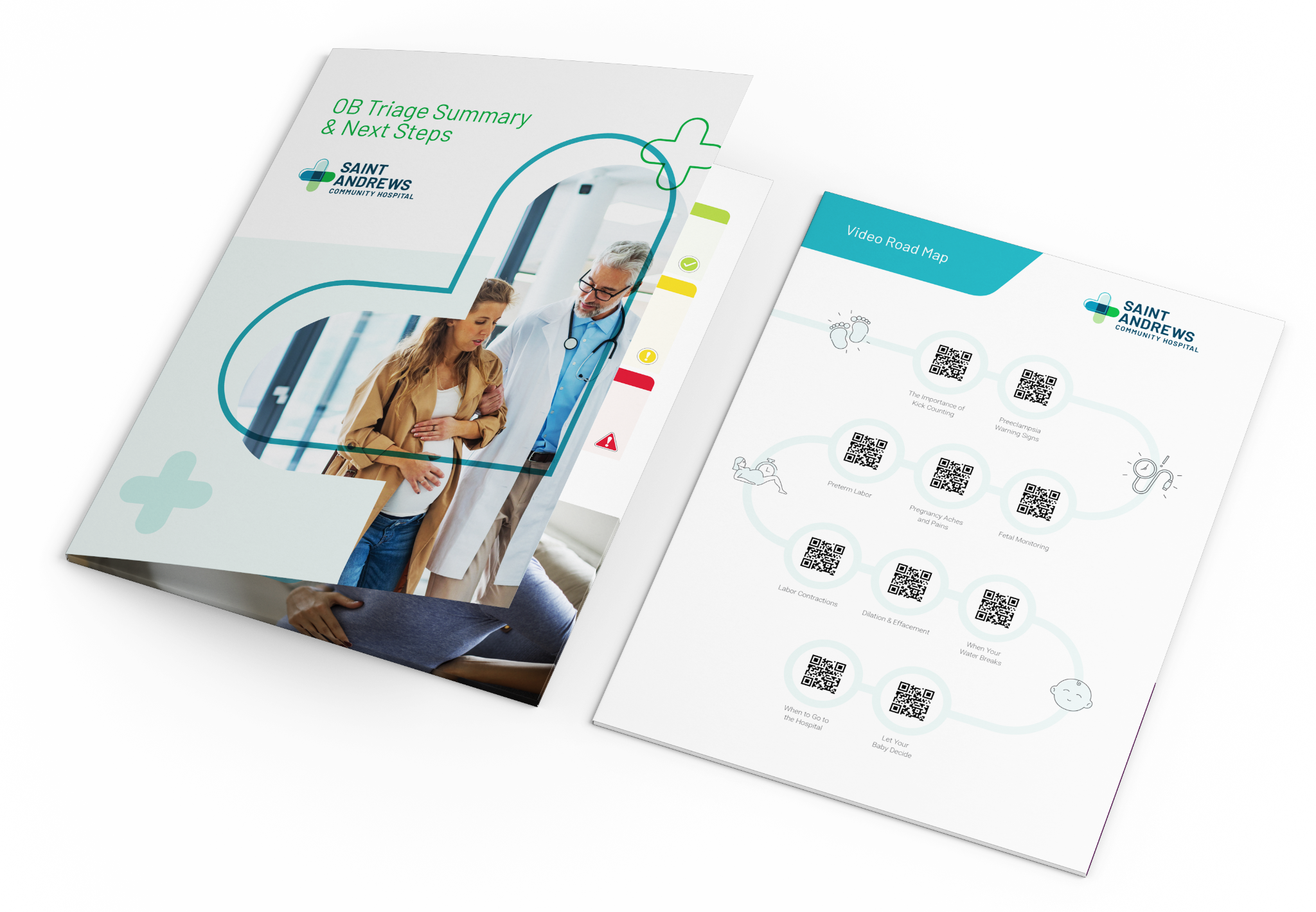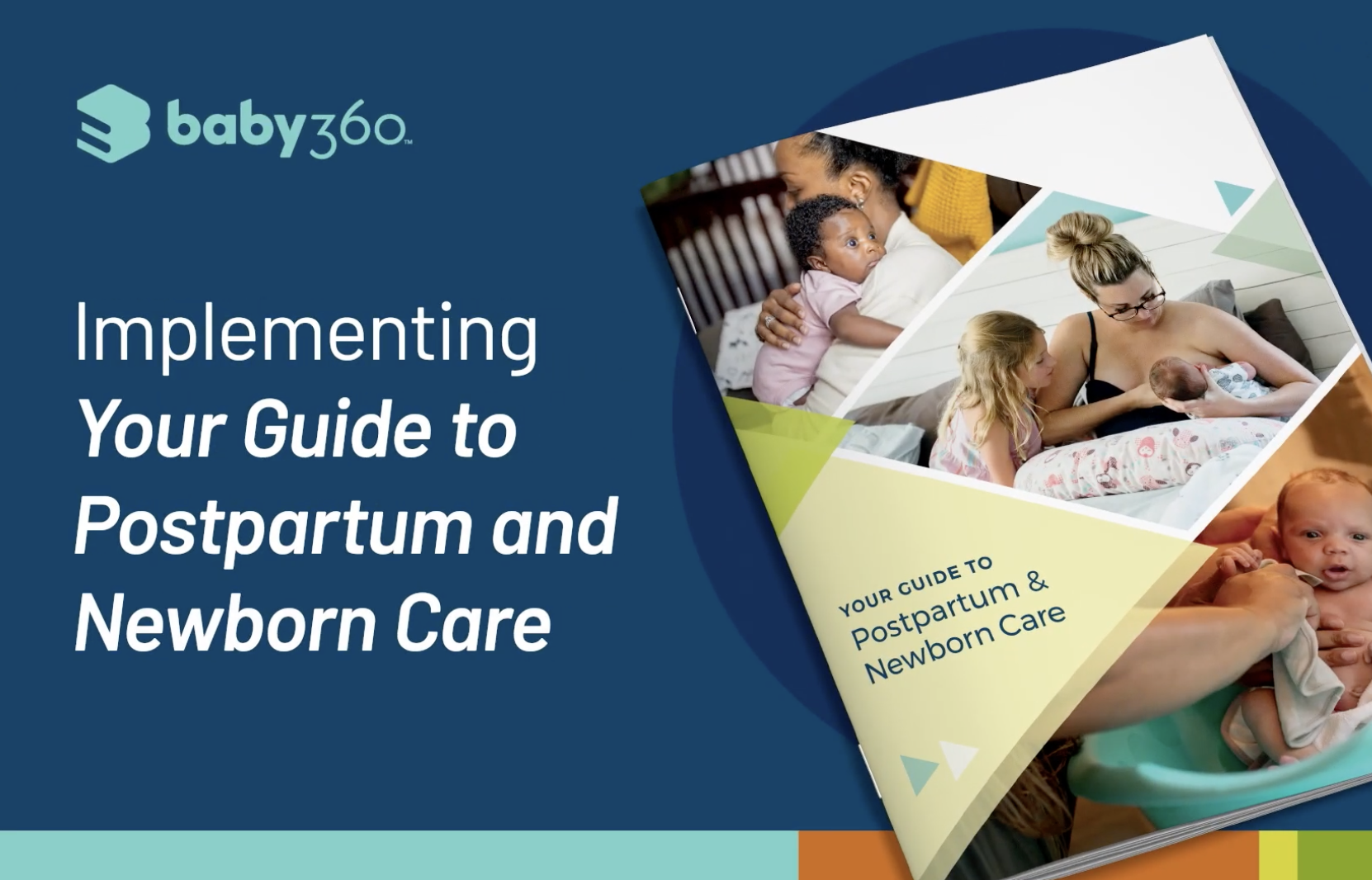Music is a powerful medium. When eerie music accompanies a scene in a scary movie, it arouses our sense of fear. Listening to romantic music while dining out with our significant other increases our feelings of intimacy.
But, according to researchers, music’s effect on mood extends beyond our daily lives. It can also enhance the education process and facilitate a more pleasant childbirth experience. Read on to discover how music influences mood and why you should consider incorporating music into your teaching strategies or childbirth education program.
Music and mood
When we listen to a rhythm, our heart begins to sync with it. This means different types of musical rhythms have a powerful influence on our brain, which, in turn, directs our psyche to feel what’s being communicated to us.
In general, music affects our mood in a variety of positive ways, including:
- Increasing happiness. Upbeat music can lift our spirits when we’re feeling blue. This is because happy tunes help our bodies to release feel-good hormones such as serotonin and norepinephrine.
- Serving as a motivator. Songs with positive messages and meaning can be extremely motivating. This is why many people listen to energizing music when exercising. It can give that final push needed to finish a difficult run or not give up during a cycling event.
- Alleviating stress. Soft, relaxing music can help ease tense muscles and enable you to breathe more easily when you’re under stress, calming you down so you can better deal with the source of your anxiety and move forward.
Music in education
The correlation between music and mood can be used to facilitate learning in all types of educational environments, from preschool classrooms to adult education programs. The intentional use of music during teaching can provide numerous benefits, including:
- Better retention of material
- Introducing more energy into the classroom environment
- Improving concentration
- Releasing tension
- Enhancing imagination
- Providing inspiration and motivation
By stabilizing mental, physical, and emotional rhythms, music helps create a highly focused state of learning. Material is processed and absorbed more easily, and the classroom takes on an element of fun, fostering genuine interest in and active involvement with the learning process.
Music during childbirth
Being a natural mood enhancer, music has been used for many years as a therapy to help people restore energy and alleviate symptoms of depression. In recent years, its use during childbirth as a non-pharmacological way to help women manage discomfort has become increasingly mainstream.
Studies of women who used music during labor and birth and had practiced focused listening prior to childbirth show the success of music in helping these women relax, remain calm, feel more in control, focus, breath easier, and slow the heart rate. The result was a more positive and comfortable childbirth experience.
Try it out
Both educators and students alike can gain significant benefits when music is thoughtfully incorporated into adult education and childbirth programs. Give it a try and experience firsthand how valuable the impact of music can be.
Contact us to learn more about our products and how they can enhance your education and childbirth program efforts.



